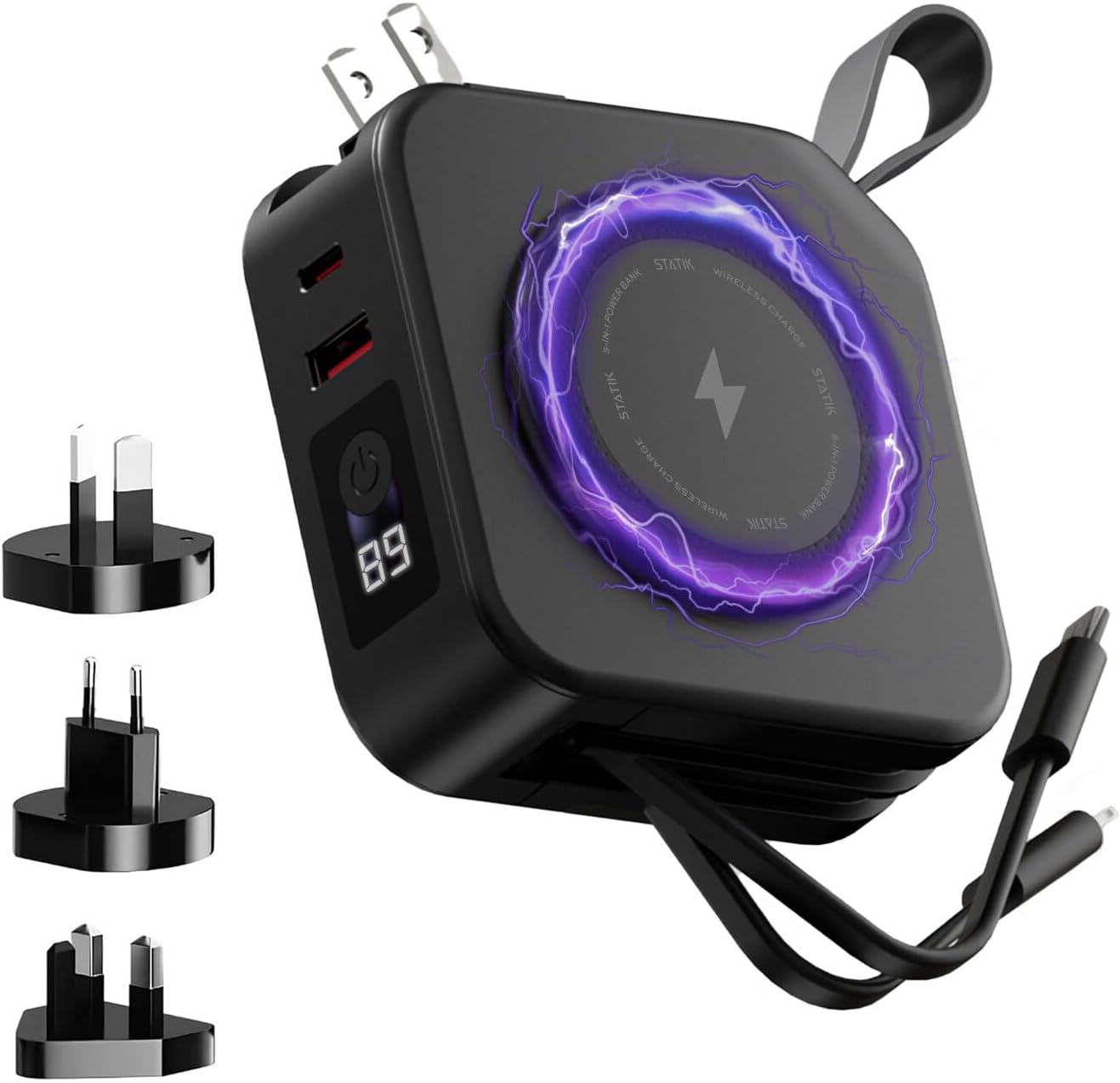Filter Tours

Key Info for Visitors
- Currency: ILS
- Languages: Arabic, Hebrew, English
- Climate: Mediterranean
- Timezone: Asia/Hebron
- Population: Approximately 215,000
- Best Time to Visit: best time to visit Hebron is during spring and autumn when the weather is mild.
- Visa Requirements Visitors to Hebron generally require a visa to enter the West Bank, which is administered by the Palestinian Authority and Israeli authorities. Citizens from the US, EU, and UK usually need to obtain a visa or permit in advance or upon arrival depending on their entry point. Visa-free access is limited, and travelers often enter via Israel, where Israeli visa policies apply. E-visa options are not commonly available for Hebron specifically. It is advisable to check the latest entry requirements based on nationality before travel.
About Hebron
Hebron is a city rich in history and cultural significance, located in the southern West Bank. It is one of the oldest continuously inhabited cities in the world, known for its deep religious importance to Judaism, Islam, and Christianity. Hebron’s Old City features narrow alleys, ancient stone buildings, and vibrant markets that offer a glimpse into traditional Palestinian life. The city is unique for its blend of ancient heritage and ongoing cultural traditions, including renowned glassblowing and pottery crafts. Visitors are drawn to Hebron for its spiritual sites, especially the Cave of the Patriarchs, believed to be the burial place of biblical figures. The city also offers an authentic experience of Palestinian culture, cuisine, and hospitality. Despite political complexities, Hebron remains a compelling destination for travelers interested in history, religion, and Middle Eastern culture.
Top Attractions
1. Cave of the Patriarchs – A sacred site revered by Jews, Muslims, and Christians, it is a large ancient structure believed to house the tombs of Abraham and other patriarchs. 2. Hebron Old City – A maze of historic streets with traditional markets selling glassware, pottery, and textiles. 3. Al-Shuhada Street – Known for its historical significance and current political context, it offers insight into the city’s complex social fabric. 4. Hebron Glass Factory – Visitors can watch traditional glassblowing techniques passed down through generations. 5. Tel Rumeida – An archaeological site with ruins dating back thousands of years, offering panoramic views of Hebron.
Popular Activities
Visitors to Hebron can explore the bustling souks, shop for handcrafted glass and ceramics, and experience traditional Palestinian hospitality. Guided tours provide cultural and historical context, including visits to religious sites. Walking through the Old City offers a chance to see daily life and local craftspeople at work. Photography enthusiasts will find unique architectural and street scenes. Cultural events and festivals occasionally take place, showcasing local music and dance. While adventure tourism is limited, the city’s rich heritage and vibrant street life provide immersive experiences.
Hebron Tours & Experiences
- Top Attractions: Highlights of West Bank
- Duration Range: Visitors to Hebron can explore the bustling souks, shop for handcrafted glass and ceramics, and experience traditional Palestinian hospitality. Guided tours provide cultural and historical context, including visits to religious sites. Walking through the Old City offers a chance to see daily life and local craftspeople at work. Photography enthusiasts will find unique architectural and street scenes. Cultural events and festivals occasionally take place, showcasing local music and dance. While adventure tourism is limited, the city’s rich heritage and vibrant street life provide immersive experiences.
- Group Size: Small groups (up to 15 people)
- Difficulty Level: Beginner to Advanced
- Recommended For: The best time to visit Hebron is during spring and autumn when the weather is mild. Pack modest clothing respecting local customs, especially when visiting religious sites. Visitors should carry identification and be prepared for security checks. It is advisable to travel with a guide or join a tour for safety and better cultural understanding. Cash is preferred for most transactions, as card acceptance is limited. Respect local customs, avoid political discussions, and stay informed about current conditions.
Average Tour Price: $95
Lowest Price Tour: $50
Highest Price Tour: $220
1 Available Tour Excursions in Hebron
With a local guide, Hebron Hope Tours offers an authentic, unique experience to visitors wishing to understand life in Hebron and gain more perspective on the Israeli/Palestinian conflict. Hebron Hope Tours introduces visitors to the Palestinian Authority controlled sector of Hebron (H1) and Israeli-military controlled sector (H2). Throughout the tour guests will visit the Ibrahimi Mosque, Cave of Machpelah Synagogue, the Old City Souk (home to glass and ceramic factories), Shuhada Street and the Israeli settlements. A video presentation covering history of Hebron will be provided at at the Hebron Hope Center. Additional stops can be accommodated, on request.
Price: $55.00
Duration: 2-3 hours
1. Choose Your Tour
Browse our curated selection of tours and select your perfect adventure.
2. Check Details
Review tour inclusions, duration, and meeting points carefully.
3. Book Online
Complete your booking securely with instant confirmation.
4. Enjoy Your Experience
Join the tour and create unforgettable memories in Hebron.
Important Tour Information
- Bring comfortable walking shoes and appropriate clothing
- Check tour cancellation and refund policies
- Arrive at the meeting point at least 15 minutes early
- Carry valid identification and tour booking confirmation
Frequently Asked Questions
Local Food & Cuisine
Hebron’s cuisine features traditional Palestinian dishes with rich flavors and fresh ingredients. Signature dishes include musakhan (roasted chicken with sumac and onions on flatbread), maqluba (a layered rice and vegetable dish), and falafel. Street food like hummus, falafel, and fresh pita bread are widely available. Dining customs emphasize hospitality, often involving shared meals. Noteworthy restaurants include local family-run establishments serving authentic dishes and cafes offering Arabic coffee and sweets such as knafeh. Visitors should try the fresh olives and olive oil, a regional specialty.
Getting Around
Hebron is accessible by road from major cities like Jerusalem and Bethlehem, typically via private car or organized tours. Public transportation options include shared taxis and minibuses within the West Bank. Local transport within Hebron mainly consists of walking or taxis due to the compact nature of the Old City. Costs for taxis are generally affordable but should be negotiated in advance. Visitors should be aware of security checkpoints when traveling in and out of Hebron.
Travel Tips
The best time to visit Hebron is during spring and autumn when the weather is mild. Pack modest clothing respecting local customs, especially when visiting religious sites. Visitors should carry identification and be prepared for security checks. It is advisable to travel with a guide or join a tour for safety and better cultural understanding. Cash is preferred for most transactions, as card acceptance is limited. Respect local customs, avoid political discussions, and stay informed about current conditions.
Culture & Customs
Hebron’s culture is deeply rooted in Palestinian traditions and Islamic customs. Social interactions are formal, with respect shown through greetings and modest dress. Hospitality is highly valued, and visitors may be invited to share tea or meals. Important festivals include Ramadan and Eid celebrations, which feature communal prayers and feasts. Visitors should avoid photographing military or security personnel and always ask permission before photographing locals. Gender roles are traditional, and public behavior should be respectful of local norms.





